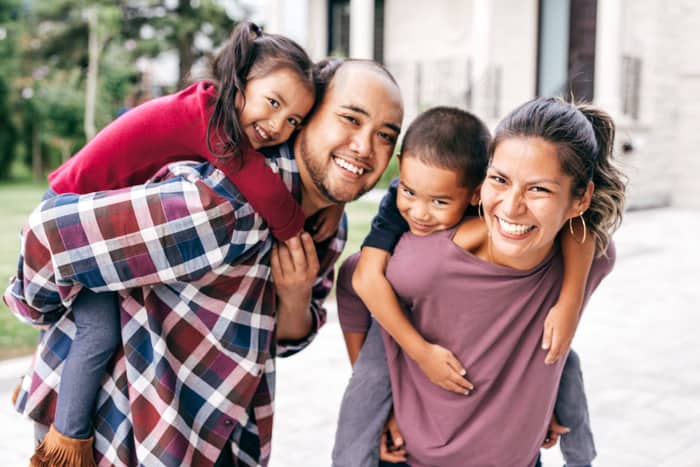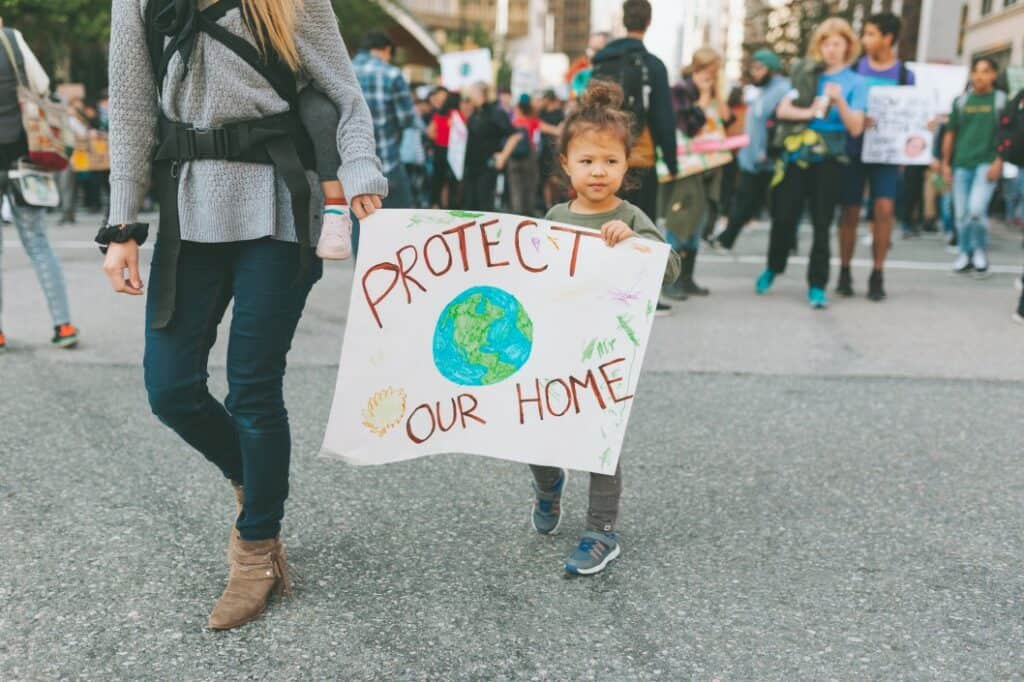
Ten years ago, a diverse group of individuals came together to form WHE. They adopted the following organizational values:
COMMITMENT
Maintaining the responsibility and focus of creating a healthier environment for all.
ACCOUNTABILITY
Utilizing the organization’s resources and properly stewarding its finances in a manner that is transparent, honest, and responsible and maintains the public trust.
INCLUSIVENESS
Promoting collaboration, diversity and social justice within our organization and across all communities in which we work.
INTEGRITY
Advocating sound, evidence-based science; following the guidance of the precautionary principle; and safeguarding the handling of data, research and information.
VIGILANCE
Fostering a culture that promotes a sustainable future for all.
Enough is Enough
We must use our privilege in a way that stops racism in its tracks. We know choosing silence is choosing to be complicit in maintaining the systems that produce these violent and fatal inequities. We need policy reform and investment to make our communities healthier. We need open, honest and uncomfortable dialogue. And we need to demonstrate through intentional strategies that we must, and can, do better.
In peace,
The WHE Staff and Board
Many of us at WHE can’t possibly begin to understand the injustices our friends, colleagues and program recipients who identify as Black/Indigenous People of Color face each and every day. But we are here today to promise to do better. We strongly condemn and grieve the recent violent and publicized deaths of black men and women. No member of the black community should ever feel that they are risking their life when going for a jog in their neighborhood (Ahmaud Arbery), bird-watching (Christian Cooper), shopping at a convenience store (George Floyd), or sleeping in their own home (Breonna Taylor). Attending a conference or a racial justice summit simply is not enough.
Every day, we must invest time and resources to address the public health crisis that racism is.
In 1988, the American Public Health Association, for the first time in its history explicitly acknowledged the ways racism negatively impacts health for people of color, and in particular, for black Americans. “As a growing body of research shows, racism is a social determinant of health that perpetuates and exacerbates the very trends our field works to reverse. Therefore, public health, at its core, is antiracist work. Health disparities, discrimination, and residential segregation, which are topics familiar to public health researchers, are by-products of racism.
